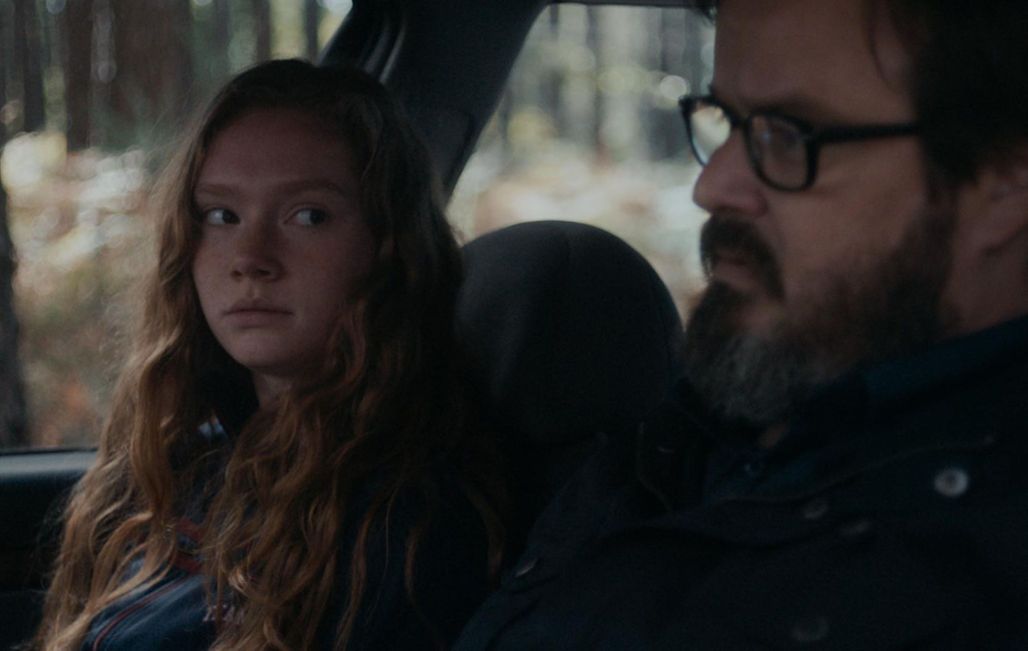
Dopo La Guerra (After The War), interview with Annarita Zambrano

Annarita Zambrano is one of the gold nuggets discovered in Cannes. Four years after Ophelia was screened in the Short Films Competition, she unveils her first feature film in Un Certain Regard. Dopo la Guerra (After the War) recounts the story of an ex-militant of the Italian far left suspected of having ordered a terrorist attack. Exiled in France for two decades, he is now under an Italian extradition order.
Tell us how this film came about.
I was six years old and I was very excited about my birthday in three days. I was watching Toto Cutugno singing A day like all the others on television. Suddenly, the song was interrupted by a special program. Aldo Moro, President of the Christian Democracy party, kidnapped 55 days previously by the terrorist group Red Brigade, had been killed. The black and white images flashed over and over again. Everyone was crying. I cried too without knowing why. The images of Moro's corpse had buried for once and for all the hopes, the songs, the colours of the last generation of Italians that had dared to dream. The origin of After the War is the price that my unhappy generation, a collateral victim of a war that was not their own, has had to pay for the mistakes of others.
Any anecdotes from the set?
We filmed the French part in the small village of Contis, in Landes. One morning, during the shoot, we discovered an enormous beached whale. The budget for the film was not very big and the scheduling was up to the minute, but I couldn't resist the temptation to film this dead colossus on the beach. It was melancholic, a fatality. This image has troubled me ever after.
How did you choose your protagonist?
Casting Marco was difficult. It had to be an Italian actor who speaks French fluently and who has a very different presence from the cinematographic stereotypes of the imaginary militant/terrorist, like Che Guevara or Carlos, sombre seductive figures. Giuseppe Battiston is a very well known actor in Italy, in film and also with wide-ranging experience in tragic theater. I like his massive presence, half-way between an ogre and Orson Welles.
What did you learn from making this film?
I had already made ten short films and a 52-minute documentary… I thought: "It's just the length of the shoot that changes." Alas, I discovered that making a feature film is nothing like making a short! The challenges were enormous. After having spent so much time in solitude to write the script, I had to learn to trust others. I let myself be nurtured by the talent and generosity of the people around me and I understood how lucky I was to be supported by this team.
Your sources of influence?
For the melancholy of exile, Cesare Pavese's novel La luna e i Falò (The Moon and the Bonfires). For the political reflection, it was the short treatise "Lettere luterane" written by Pier Paolo Pasolini (translated into English as Lutheran Letters). For the images, the German New Objectivity movement in the paintings of Christian Schad, Otto Dix. And also, all the films by directors who have attempted to fill the void left by the political class: Luchino Visconti, Elio Petri, Michelangelo Antonioni…


